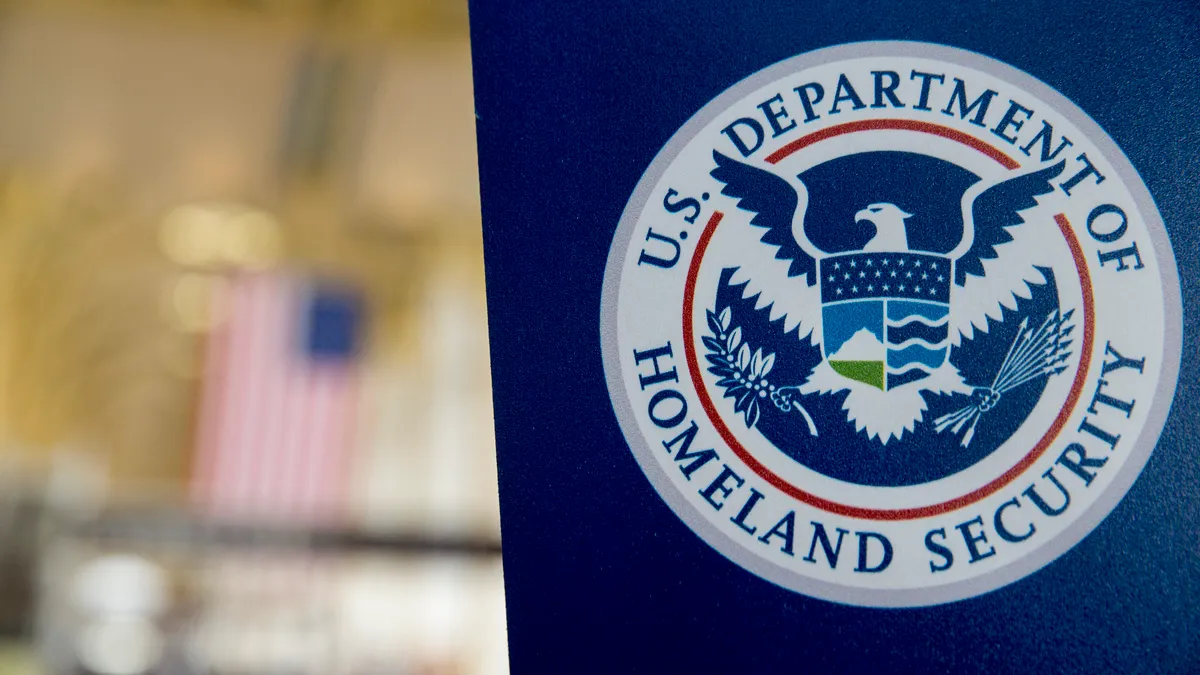Dive Brief:
- While the overall number of H-1B applications dropped this year, the requests for evidence (RFE) have increased by 44% since last year, causing the approval process to slow, reports Bloomberg.
- It is unknown how many applications were rejected, but as of April, there were 680,000 "approved and valid" applications, according to a U.S. Inspector General report (OIG). However, the OIG noted that the U.S. Citizenship and Immigration Services (USCIS) did not always perform thorough applicant checks as potential fraud may have resulted from improper site visitation and record keeping.
- India-based IT companies, including Infosys, heavily rely on the program but are actively seeking alternatives to compensate for the uncertainty of the program with the current administration. For example, Infosys announced it will hire more than 10,000 American workers in U.S.-based facilities.
Dive Insight:
In the last 10 years, more than 2.5 million visas were approved, the majority of which went to recipients in India. Though the benefits of the program brought a $17.3 billion increase in income across countries participating in the program in 2010 alone, current turmoil surrounding immigration threatens the H-1B program's approval process.
Currently, 59% of petitions are for computer-related jobs, and the H-1B program is a top concern for tech companies who cannot afford to accommodate the "hire American" solution promoted by the Trump administration. The visa program allowed companies to tap into global talent when they had difficulty finding it in the U.S.
The tech community is a longtime supporter of the immigration visa program and current politics surrounding the program have some questioning its longevity. The Trump administration has made program changes, which could make acquiring a visa more difficult. In October, the USCIS "rescinded a policy of deference," resulting in a slower process and larger burden of proof for visa-holders tyring to renew their visa.












